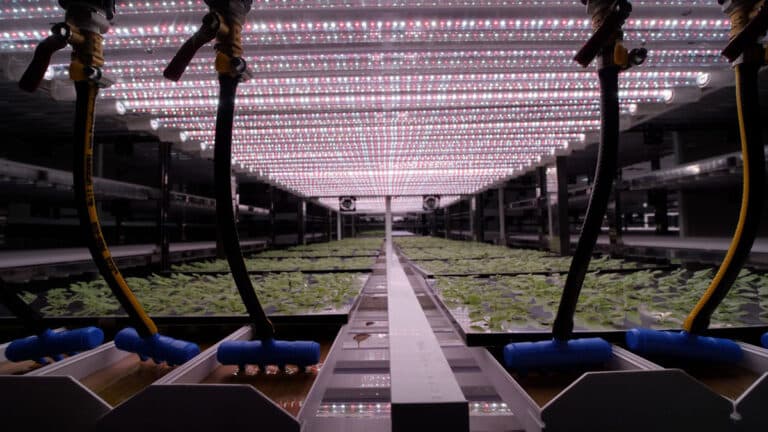Scientists in Thailand are working on a plant-based vaccine with tobacco leaves to tackle variants

Last week, a peer-reviewed study by researchers at the Oregon State University suggested how a non-psychoactive compound found in live cannabis plants could block the cellular entry of COVID-19 in healthy human bodies. Although the compounds studied in the research were not the ones most weed users seek in dispensaries, the internet was quick to get their stoner hopes high—by stating “weed stops Covid” and, if so, “I am probably a vaccine by now.”
Now, the latest news citing the role of stimulant drugs in the fight against COVID-19 involves Baiya Phytopharm, a Thailand-based startup—founded by Doctor Suthira Taychakhoonavudh and Doctor Waranyoo Phoolcharoen in 2018—committed to developing the country’s first plant-based vaccine using tobacco leaves. More specifically, the Australian variety of tobacco with low levels of nicotine which differs from the kind used in traditional cigarettes.

Here, the harvested leaves are essentially used as a host to produce proteins that mimic the COVID-19 virus. They are then blended before the extraction of the protein. The resulting vaccine, when injected into humans, will stimulate antibodies that are used to fight against the real virus in the future.
But why tobacco? For starters, the plant can be grown almost anywhere in the world at low cost. According to the team, this benefit particularly extends to low-income countries. “COVID-19 is not going to be the last one, right? You’re going to have so many emerging diseases, and if we can develop the vaccine ourselves, then we don’t have to rely on vaccines from other countries,” Doctor Phoolcharoen explained to Sky News. This could also result in Thailand shifting from a vaccine importer to a vaccine maker.
Its lightning-fast speed of growth is the second factor cited for its vaccine development use, as the researchers noted that the Australian variety of tobacco can be turned from a seed into a full-fledged vaccine within a month. The technology is also highly adaptable to suit this choice—with the added benefit of tackling variants. “It takes only ten days for us to produce a prototype and… no more than three weeks to test whether that prototype works or not,” Doctor Taychakhoonavudh said. “For example, we are already working on the Omicron strains. We have the prototype and we’re testing it right now.”
Although Baiya Phytopharm completed its first phase of human trials in December 2021, the plant-based vaccine is only forecasted to be cleared for usage in late 2022. With phase two and three of the trials scheduled in February and June respectively, the company hopes to submit data to the Thai Food and Drug Administration for approval by the third or fourth quarter of the year.
Sure, there are numerous vaccines already rolling out and perhaps most of the population might be fully vaccinated by then, but the developers still believe it’s important to continue the project for future health concerns which are bound to arise. “So far, what we know is that all the volunteers are safe. And looking at the safety profile, we are very happy with it,” Doctor Taychakhoonavudh said in an interview with CNBC.

She also outlined how it’s too early to ascertain the efficacy rate of the vaccine. However, CNBC acknowledged the company’s goals to use available vaccines as a benchmark. If approved, the Thailand-based startup also intends to use its facility at Chulalongkorn University to produce 60 million doses of vaccines per year. Once perfected, the versatility of the technology would be leveraged to develop treatments for other concerns.
“We can use it to produce anti-cancer, anti-rabies, anti-venoms and those we will focus on more, for example, tropical diseases that normally multinational pharmaceutical companies might not be interested in,” Doctor Taychakhoonavudh concluded.
Although Baiya Phytopharm is, at its core, a startup, it has not recorded any revenue to date. This is because the company currently seeks to build a credible research industry in Thailand that will attract talents from the next generation, rather than functioning with profit at the forefront. Addressing global vaccine gaps is also on its agenda—translating the effort into a coveted sign that the Global South is finally taking control.




